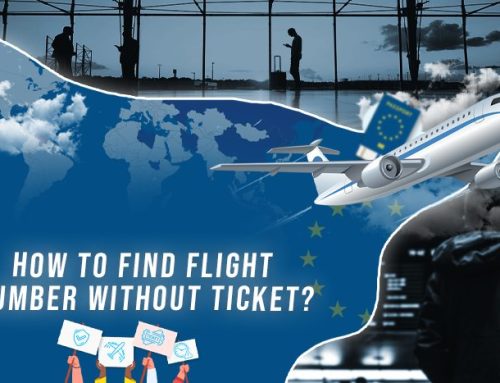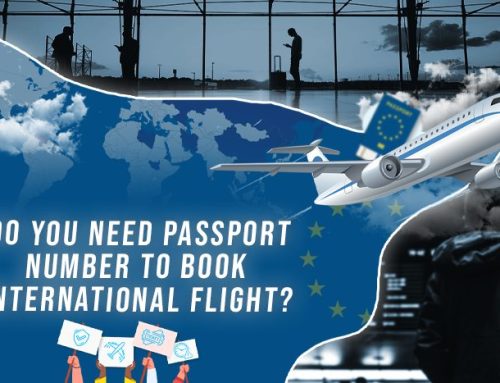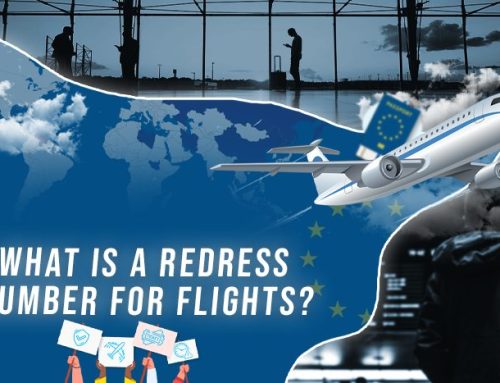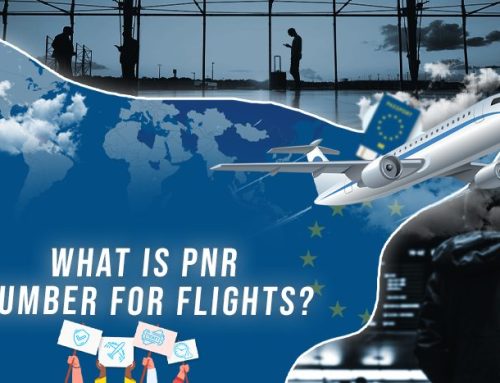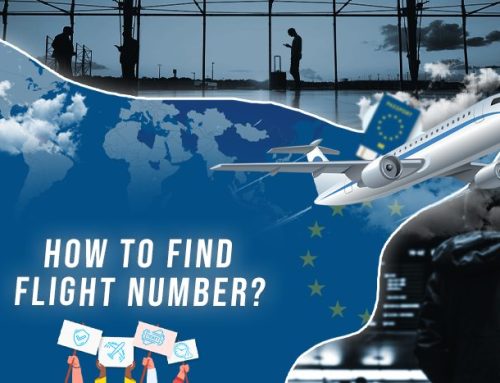Mecca is one of the holiest places in the world. Located in Saudi Arabia, it is the birthplace of the prophet Muhammad, and millions of people travel there each year during their annual pilgrimage. There are many different ways to get to Mecca, including by train, car, bus, or plane; however, there are strict rules in place in this holy land that all must follow, including over the airspace.
Can airplanes fly over Mecca? No, they cannot fly over Mecca. This is a holy site, and it’s strictly enforced as a no-fly zone because of its religious significance. If you’re looking for a birds-eye view of this location, you’ll have to think again, especially if you are not of the faith. There are even restrictions in place for those who can visit. Here’s all you need to know about traveling to Mecca.
Key Takeaways
- Mecca is one of the holiest places in the world for Muslims, being the birthplace of the prophet Muhammad. Its religious significance is so profound that millions of Muslims travel there annually for the pilgrimage, making it a vital spiritual center in Islam.
- Mecca is strictly designated as a no-fly zone, prohibiting airplanes from flying over the holy site. This measure is in place to protect the peace and sanctity of the pilgrimage, ensuring that the religious observances are undisturbed.
- Only practicing Muslims are allowed to visit Mecca, and non-Muslims are strictly prohibited from entering the city. This exclusivity extends to the airspace, which is restricted to all but a few exceptions, such as emergency helicopters.
- A viral social media claim about Mecca’s magnetic field and center of gravity preventing anything from flying over it has been debunked by NASA. The no-fly zone is rooted in religious reasons, not any alleged physical barriers.
- Travelers and tourists should respect the religious beliefs and practices associated with Mecca. Understanding and adhering to the travel restrictions help preserve the spiritual significance and cultural integrity of this revered holy site.
Religious Restrictions in Mecca
Muslims throughout the world routinely pray facing Mecca throughout the day, and many make an annual trip to the holy land. It is such a significant place in the religion that only Muslims can visit it – and that would include the airspace above it if planes were able to fly over it.
Even if the airspace weren’t closed to commercial travel, there would be strict restrictions in place as to who could enter it. Non-Muslims who are found to be in Mecca face fines, deportation, and more. You will need to enjoy it from a distance if you are not Muslim.
In rare cases, helicopters are permitted to fly over Mecca, especially in the case of an emergency. Otherwise, they don’t want to disrupt the pilgrims during this visit to the holy land.
Magnetic Forces in Mecca
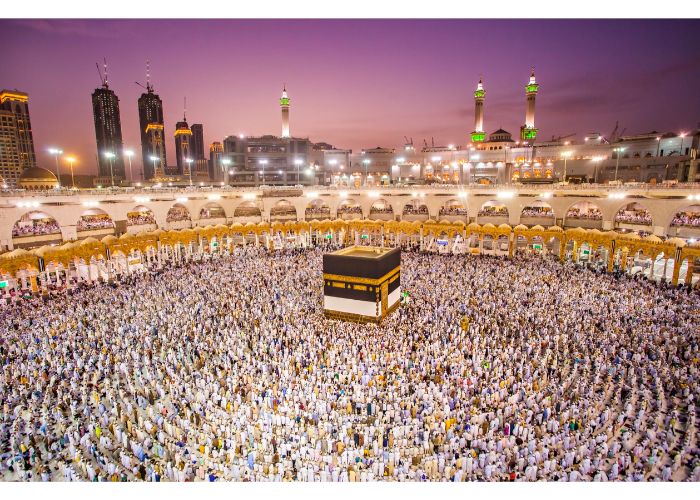
Several years ago, there was a viral social media post going around claiming that nothing could fly over Mecca, including birds, due to its position as the center of Earth’s gravity and its magnetic field. This is simply not true. Not only has this claim been debunked by NASA, but it also is impossible for any objects to disrupt the magnetic field so much that objects are unable to fly over them.
Still, this post generated a lot of traction on social media and continues to resurface occasionally. Because Mecca is only open to practicing Muslims, many searched for reasons that could be, wondering if Saudi Arabia was hiding something. It made more sense to some that people simply couldn’t fly over it rather than the country enforcing a no-fly zone for religious reasons.
Conclusion
Technically, planes are physically able to fly over Mecca. There are no geographic conditions that prevent them from doing so. However, they cannot fly over Mecca in practice because there is a no-fly zone in place. This prohibits travel in the airspace due to religious reasons.
Mecca is an incredibly holy place in the Muslim faith, and in order to protect the peace of the pilgrims, you cannot fly over it. Non-muslims are not even allowed to go to the location to protect it, so be sure to adhere to the travel restrictions in place if you want to visit.
Frequently Asked Questions
-
Can non-Muslims visit Mecca for any reason other than religious pilgrimage?
No, non-Muslims are strictly prohibited from visiting Mecca for any reason, even as tourists. The city is exclusively reserved for practicing Muslims performing the religious pilgrimage known as Hajj or Umrah.
-
Are there any exceptions to the no-fly zone over Mecca, aside from emergency helicopter flights?
Yes, the no-fly zone over Mecca is strictly enforced, but there are exceptions for emergency helicopter flights. In cases of emergencies, helicopters may be permitted to fly over Mecca to provide necessary medical or other urgent assistance.
-
What are the consequences for non-Muslims found inside Mecca?
Non-Muslims found inside Mecca face severe consequences. They can be subject to fines, deportation, and potentially other legal penalties, as it is against the religious and cultural rules to allow non-Muslims access to this sacred site.
-
Are there any specific periods during which the no-fly zone is strictly enforced, or is it in effect throughout the year?
The no-fly zone over Mecca is generally in effect throughout the year. However, it may be more rigorously enforced during the annual Hajj pilgrimage season when millions of Muslims from around the world visit Mecca. The specific dates for Hajj vary each year based on the Islamic lunar calendar.
-
How does the Saudi Arabian government enforce the no-fly zone over Mecca, and what security measures are in place during the pilgrimage season?
The Saudi Arabian government enforces the no-fly zone over Mecca through strict control of airspace. They have established procedures to prevent unauthorized flights and implement radar monitoring to ensure compliance. During the pilgrimage season, security measures are significantly increased to ensure the safety and well-being of the pilgrims, including measures to prevent any disruptions caused by unauthorized flights.



